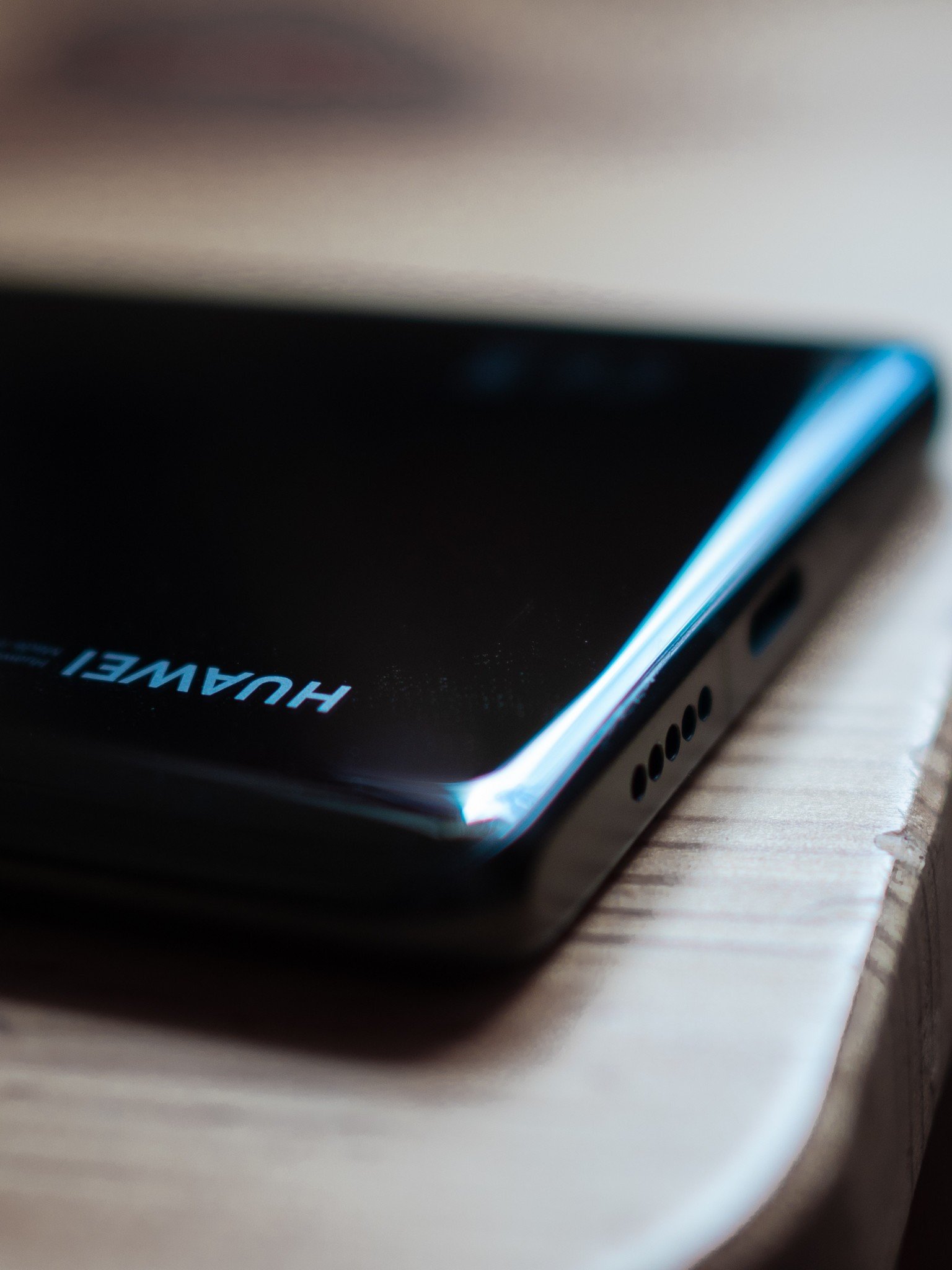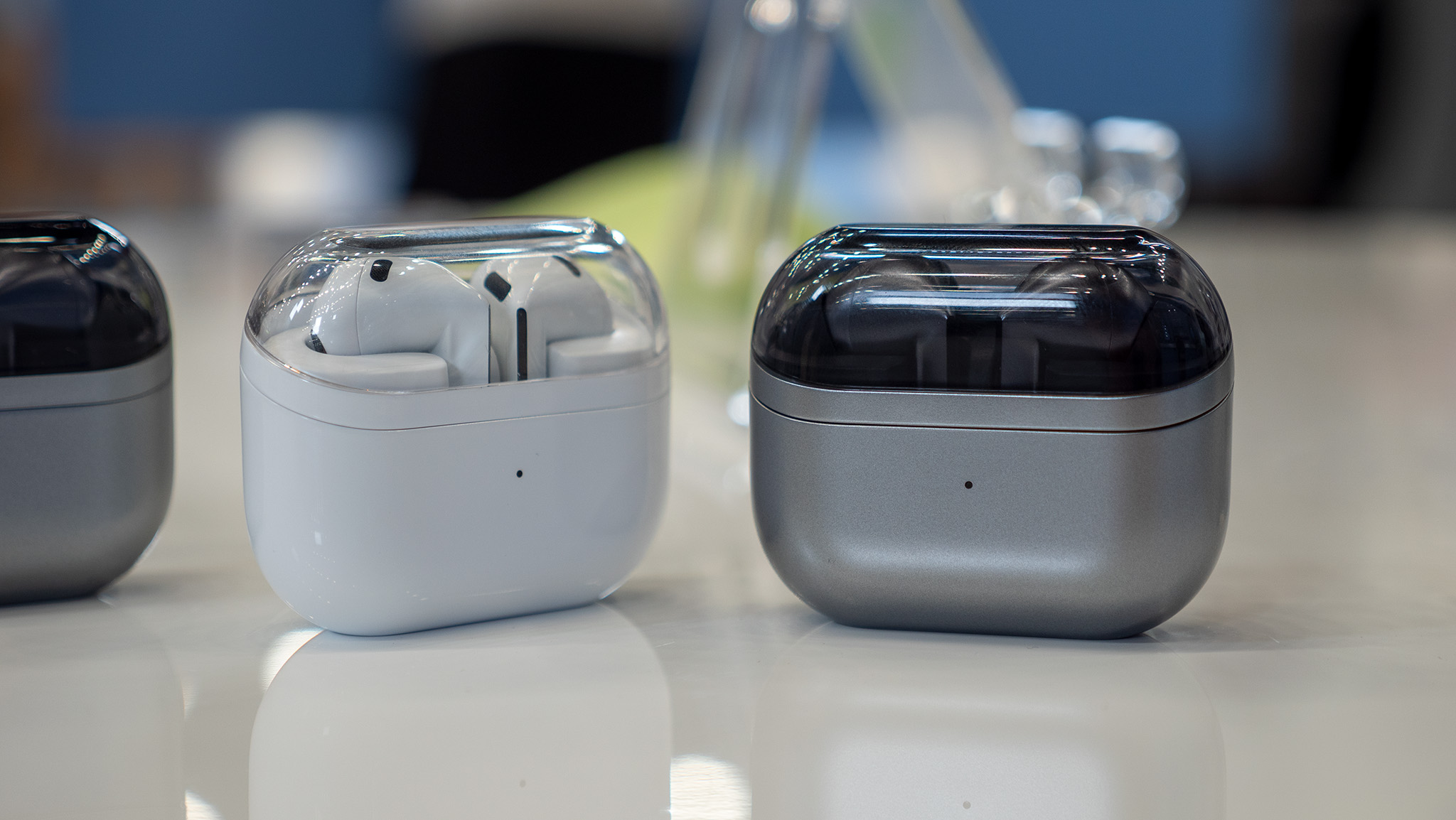Will you trade in or stop buying Huawei phones now?

It hasn't been a great week for Huawei. The company is embroiled in a pretty messy situation: it's been placed on an Entity List, making it illegal for U.S. companies to transact with it, be it hardware or software. This has forced Google to stop providing Android updates and security patches, though existing devices have received a three-month reprieve. It's also forced ARM, the maker technology that goes into Huawei's Kirin chips, to cease all sharing of information with the company.
The ban, issued as an executive order issued by U.S. President Trump and followed up with the aforementioned Entity List by the Department of Commerce, focuses its attention on Huawei's networking equipment, which was essentially banned for use in the U.S. prior to this invocation but is now very banned, but it's had a knock-on effect with the rest of Huawei's businesses.
Huawei is the number two smartphone maker in the world by volume, and according to IDC was the only phone maker to record any significant market share growth in Q1 2019.
Even though the ban hasn't stopped Huawei from launching new phones — its subsidiary Honor just announced the Honor 20 series yesterday — it will definitely affect future phone releases, especially if they can't be certified for use with Google software, an increasingly essential part of releasing an Android phone out of China.
Ars Technica has a pretty in-depth overview of how Huawei will fare without U.S. hardware and software suppliers, and the answer is that from a hardware independent perspective it's pretty good (though the ARM trouble is going to be an issue). Software-wise, things are less clear. Huawei doesn't need Google's closed-source parts of Android to build its own forked version of the operating system, which it has reportedly been working on for years as a contingency for this very moment, but it's also not clear whether even using the Android Open Source Project libraries would be a contravention of the ban itself. XDA-Developers has a great overview of this, too.
All this comes at a time when Huawei is releasing the best phones it's ever made. The P30 Pro is one of my personal favorite phones or 2019 so far, as was the Mate 20 Pro in 2018. Honor, too, is releasing products of exceptional value, and HiSilicon's Kirin 980 SoC was one of the semiconductor highlights of last year, too.
So here's the question:
Get the latest news from Android Central, your trusted companion in the world of Android
Are you going to stop buying Huawei phones? Or if you have one, will you be trading it in for a different brand? Why or why not?
Let's discuss (amicably, please!) in the comments below!
Oh, and if you're interested in selling your Huawei phone, or buying one at a huge discount, we've rounded up some great places you can do so.

Daniel Bader was a former Android Central Editor-in-Chief and Executive Editor for iMore and Windows Central.
